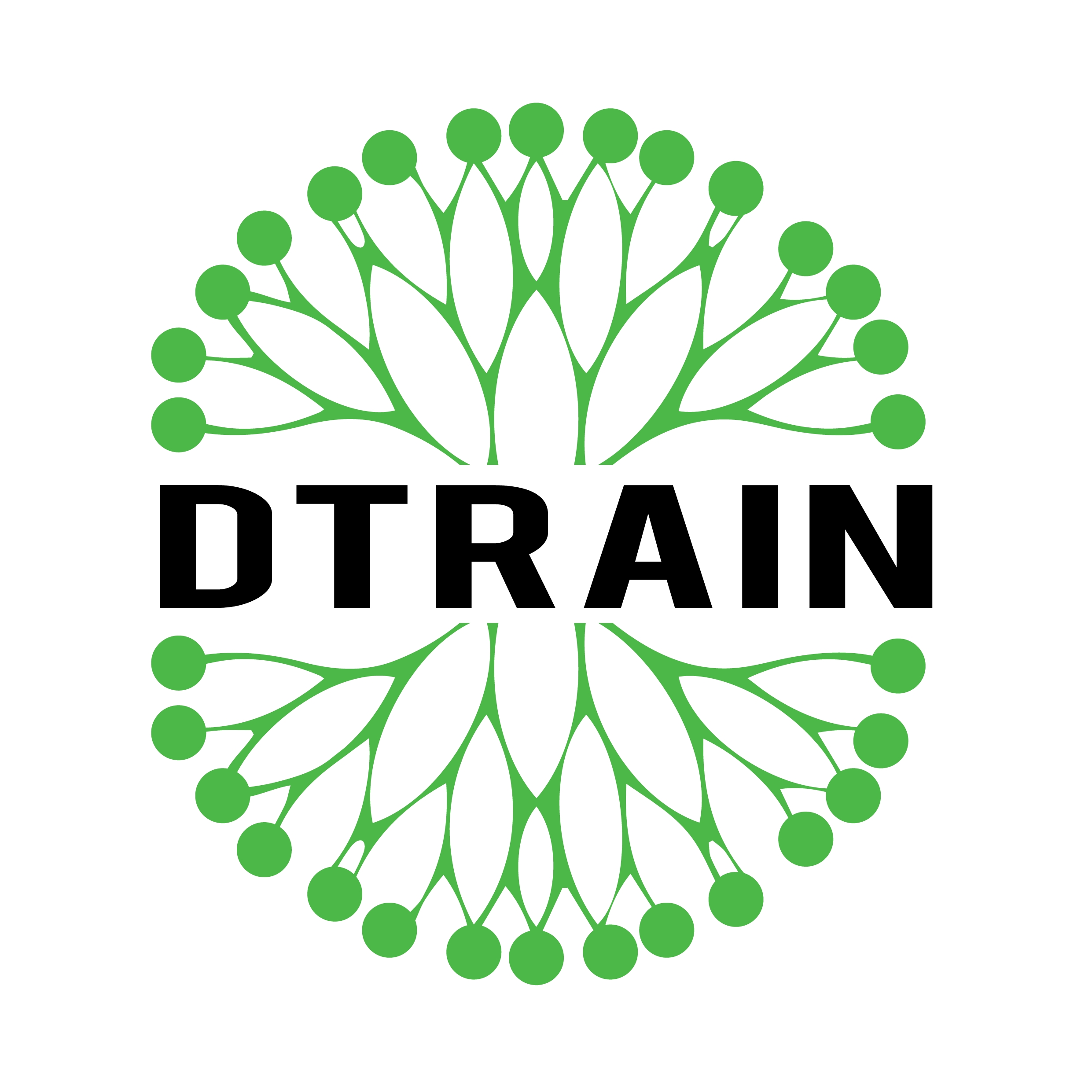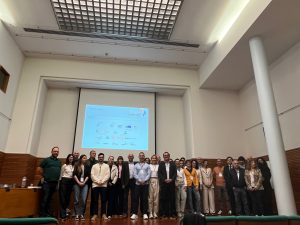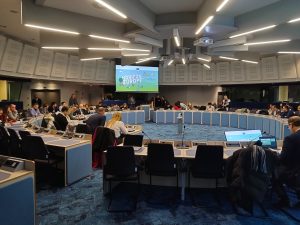
The most valuable companies in the world place use design thinking at the center of everything they are doing. As an anthropocentric methodology, it is the ideal tool for companies seeking to develop products and services, regardless of the market in which they operate. Domains such as the agro alimentary sector, energy, healthcare, education, and government have begun to prototype, iterate, and build more with a human-centered focus.
It may seem intimidating to consider innovation from a design perspective. However, whenever there is a tough business challenge, we can tackle it as a design thinking problem. At its core, design thinking is a powerful, repeatable process that questions everything, relies heavily on observation, demands options, and promotes experimentation. Using Design thinking effectively demands competencies in observing, interviewing, creating personas, developing storyboards, making prototypes, and testing making decision-making analyses. The acquisition of these skills for professionals of the agro-alimentary sector is a challenge for the DTRaIN project, which is co-financed by the European Commission under the Erasmus + program.
The DTRaIN curriculum development led by ECTE has been finalized and the consortium members have started developing interactive training material for ubiquitous learning.


